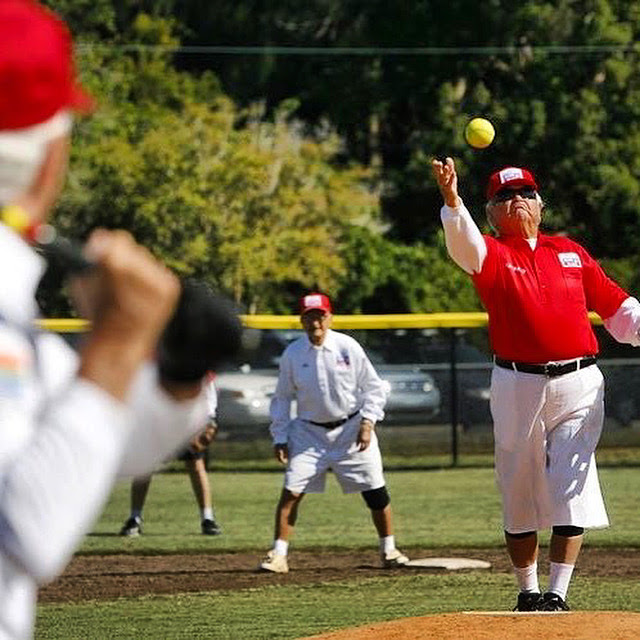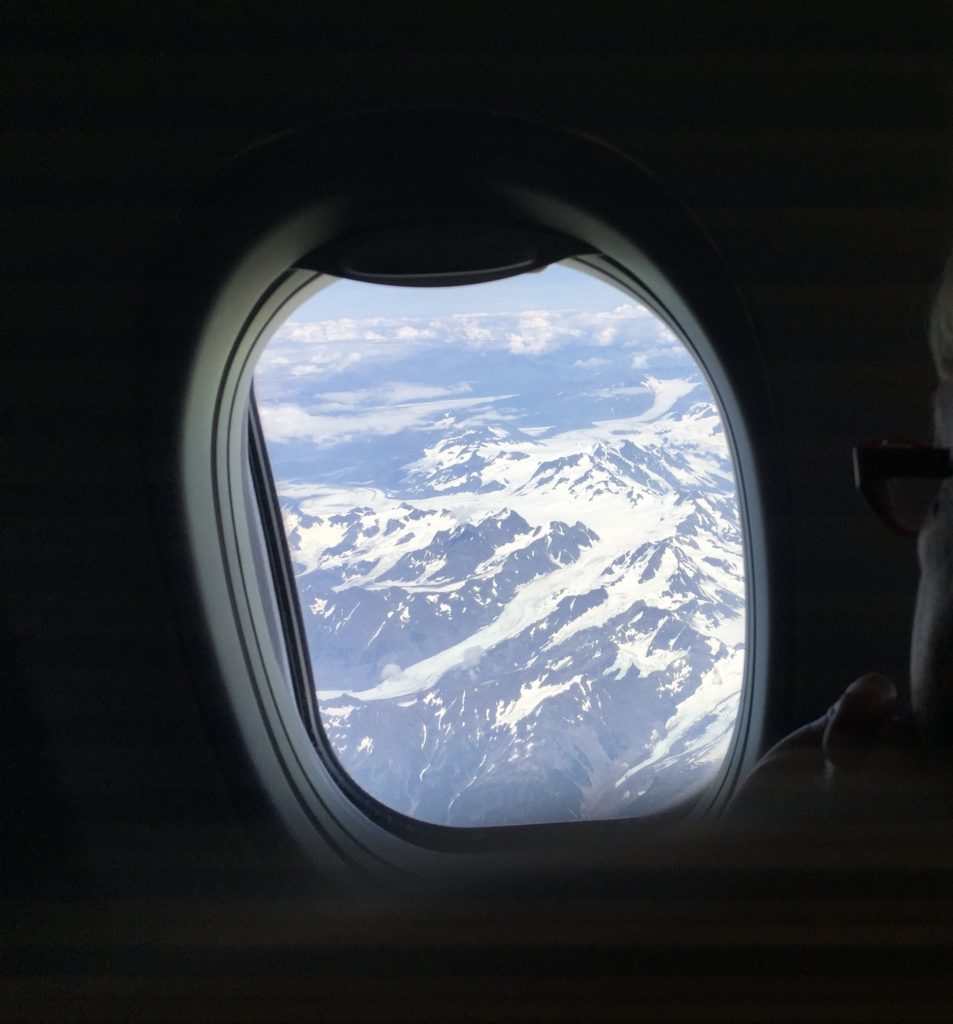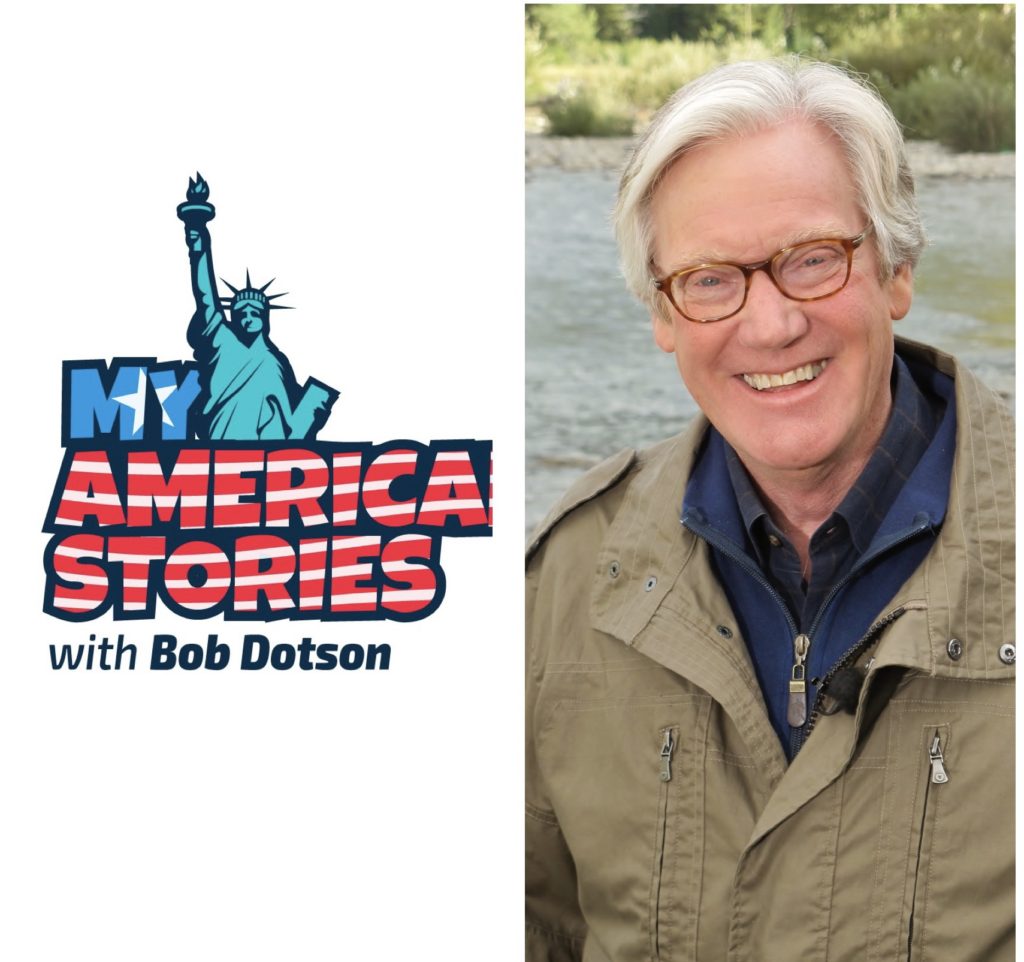
My most memorable big crowd gathered in a muddy field called Woodstock, with signs promising “Peace and Love.” That was 55 years ago today. I went “back to the garden,” for an anniversary concert 25 years later. It was still muddy. Rained most of the day, but more than a quarter of a million people partied on. Paramedics were busy fixing broken ankles and arms. 750 people were taken to the hospital. Some concert goers set out islands of straw to keep from sliding away. Others folded up tents and beat feet for home. A few looked to the skies for a face wash. And stuck it out. Re-staging Woodstock was a lot like trying to recapture the moments of a senior prom. Like music, it can’t be touched. Only felt.
- Cold CaseCold Case TV would have us believe that “high-tech” catches criminals, but only about a third of the cases get solved with DNA evidence. The rest rely on people whose minds never retire. BILL PETERS SOLVED THE MYSTERY TO A LIFE LONG ROMANCE.
- Old West HumorOld West Humor The west of legend has so captured our imagination that the real west is often overlooked. For nearly 30 years cowboy cartoonist Ace Reid gave voice to people we thought we know, but never asked. His cartoon series “Cowpokes” was read in Gobblers Knob, Utah and Fishtail, Montana, hundreds of small towns where cowboys still challenge a hardscrabble land.
- Pole FerryPole Ferry Growing up, I spent my summers in farm country — Kansas — with a grandfather who loved to tell stories. Perhaps that’s why I got into the storytelling business. My grandfather told me that when he was 18, he was what used to be called “all hat and no cattle,” a kid with little money and no property. “One of my biggest thrills,” he said, “was loading my buggy and best girl on a river ferry. That was like a ride at Disneyland. The ferryman would push us across with a pole and an encyclopedic knowledge of the currents. Quite an adventure in 1903!” Grandpa would have loved Ashley Pillar, one of the last of those old-time river ferrymen.
- Little Dead School HouseLittle Dead School House The road out of town is the only way the road seems to go. So few families remained in McLeod, North Dakota, Jan Herbranson ran out of kids at the old one-room school. Normally, that would spell the end of a place like McLeod. The school closed in 1986. But in this village of 50, four babies born. When they grew up, children returned to her little dead school house and so did Jan Herbranson.
- Castle ToothCastle Tooth Each evening Dr. Mort Copenhaven drove 900 feet up the side of Camelback Mountain to his own castle. It took him 13 years to chisel his home out of a cliff. He did all the work. Mort had no formal training, but he was a dentist. Figured that building a castle on the side of a mountain wouldn’t be much different than planting a false tooth.



